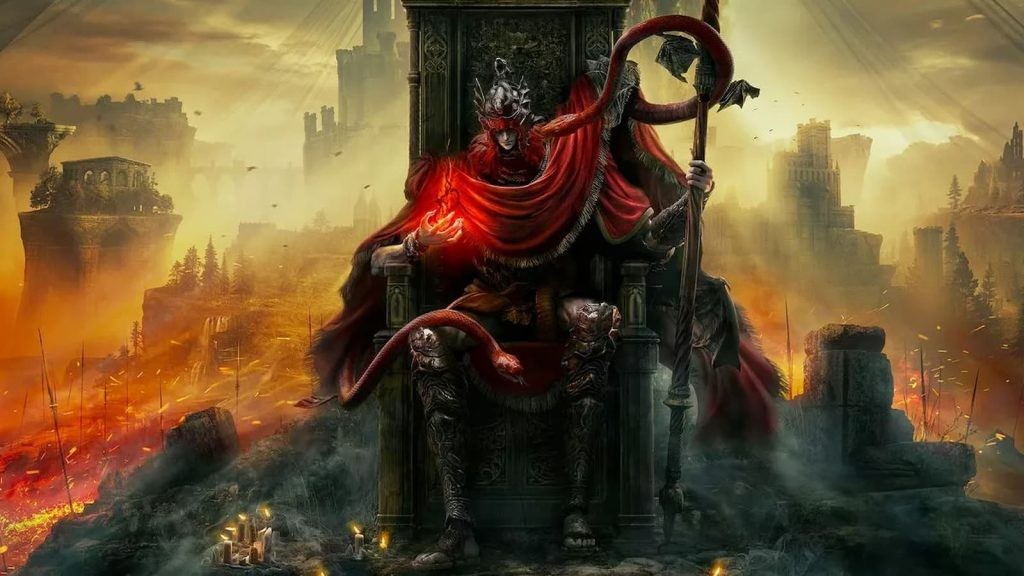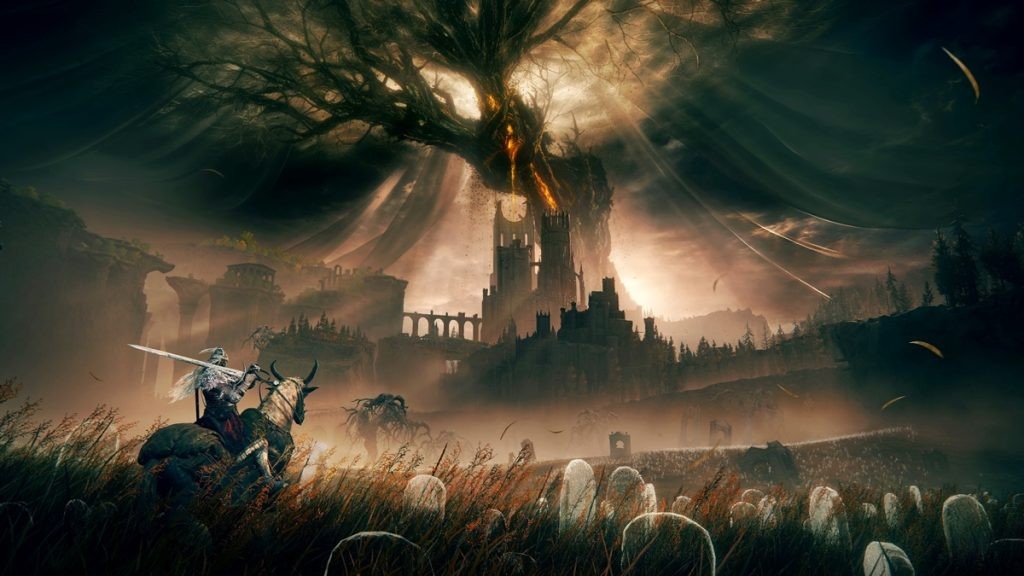Miyazaki’s vision realized in Elden Ring’s sense of achievement.
SUMMARY
- Hidetaka Miyazaki, the creative mastermind behind Elden Ring and other iconic titles, has completed his vision with the release of the latest DLC, Shadow of the Erdtree.
- Miyazaki revealed that the sense of achievement players feel when conquering Elden Ring’s initially-unwelcoming and merciless world was a core theme and design intent.
- The success of Elden Ring can be attributed to Miyazaki’s leadership and ability to leverage his expertise from developing previous Soulsborne titles.
The release of Shadow of the Erdtree, the highly-anticipated expansion for Elden Ring, marks the completion of a vision that has managed to enthrall gamers worldwide—uniting longtime Soulsborne enthusiasts and newcomers to the genre alike.
Hidetaka Miyazaki, the creative mastermind behind not only Elden Ring but also the critically acclaimed Demon’s Souls, Dark Souls, Bloodborne, and Sekiro: Shadows Die Twice, has once again demonstrated his ability to craft immersive and challenging worlds that leave a lasting impact on players.
The Vision Behind Elden Ring

In a recent interview with GameSpot, Hidetaka Miyazaki shed light on the core themes and design philosophy behind Elden Ring. When asked about the game’s merciless world and how players eventually come to call it home, Miyazaki revealed that this sense of accomplishment was a key part of the game’s design:
I think that some of that was part of the design, it was designed as intended. And I think what you’re referring to is the sort of severity of the world and how brutal it can be, which oftentimes translates to the difficulty and learning curve.
But by conquering a lot of those challenges, players will be able to call that place, that world, their home like, “I’ve conquered it.”
Miyazaki’s words underscore the intentional nature of Elden Ring‘s challenging gameplay and hostile environment. By presenting players with a world that initially feels unwelcoming and overwhelming, the game sets the stage for a profound sense of accomplishment when players eventually overcome its many obstacles.
One of the core themes of Elden Ring is this sense of achievement and perhaps what you just described is a small part of that sense of achievement, when these worlds start to feel like your home. The fact that you brought that up of course makes me really, really happy because it was working as intended.
The creative director’s happiness stems from the realization that players have not only understood but also embraced this core theme. The fact that many gamers find solace and a sense of belonging in Elden Ring‘s unforgiving world is a testament to Miyazaki’s vision and skillful execution.
A New Chapter in the Elden Ring Saga

While Shadow of the Erdtree is indeed the final addition to FromSoftware’s Elden Ring saga, it is by no means the end of the game’s journey. The title’s immense replay ability and the dedication of its community ensure that players will continue to explore the Lands Between and the Lands of Shadow for countless hours to come.
In fact, according to a recent survey by HowLongToBeat, Elden Ring players have already invested an average of 105 hours into the game across all playstyles, with completionists averaging 133 hours and many more eager to dive back in and discover new secrets.
As new players join the ranks of the Tarnished and embark on their own adventures, the Elden Ring community will only continue to thrive and evolve as more players find out what it means to explore this unique world.
As players eagerly await Miyazaki and FromSoftware’s next masterpiece, they will continue to find new ways to explore and appreciate the Lands Between, cementing Elden Ring‘s place as a true classic in the industry. What do you think about Elden Ring and its DLC? Let us know in the comments what you think!
